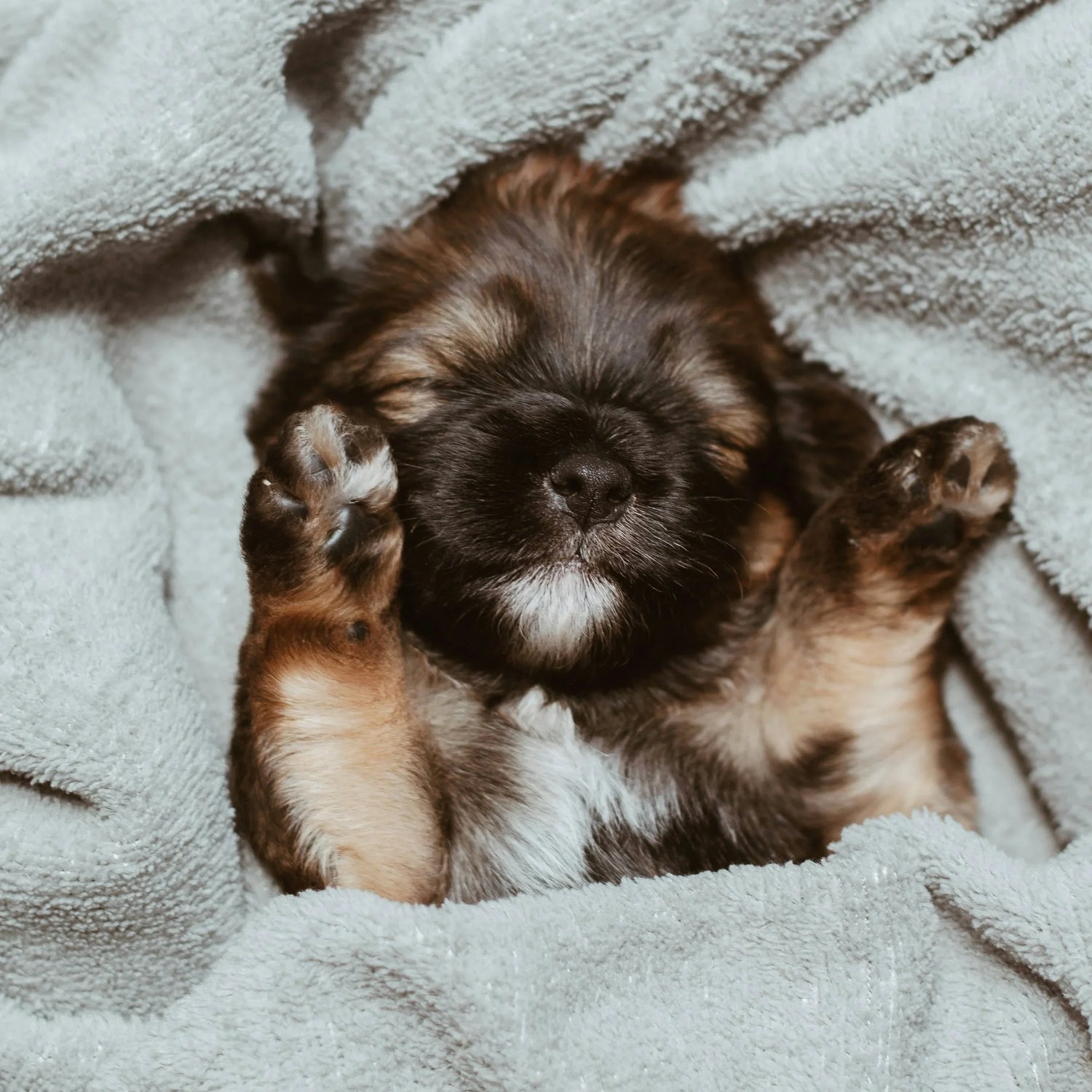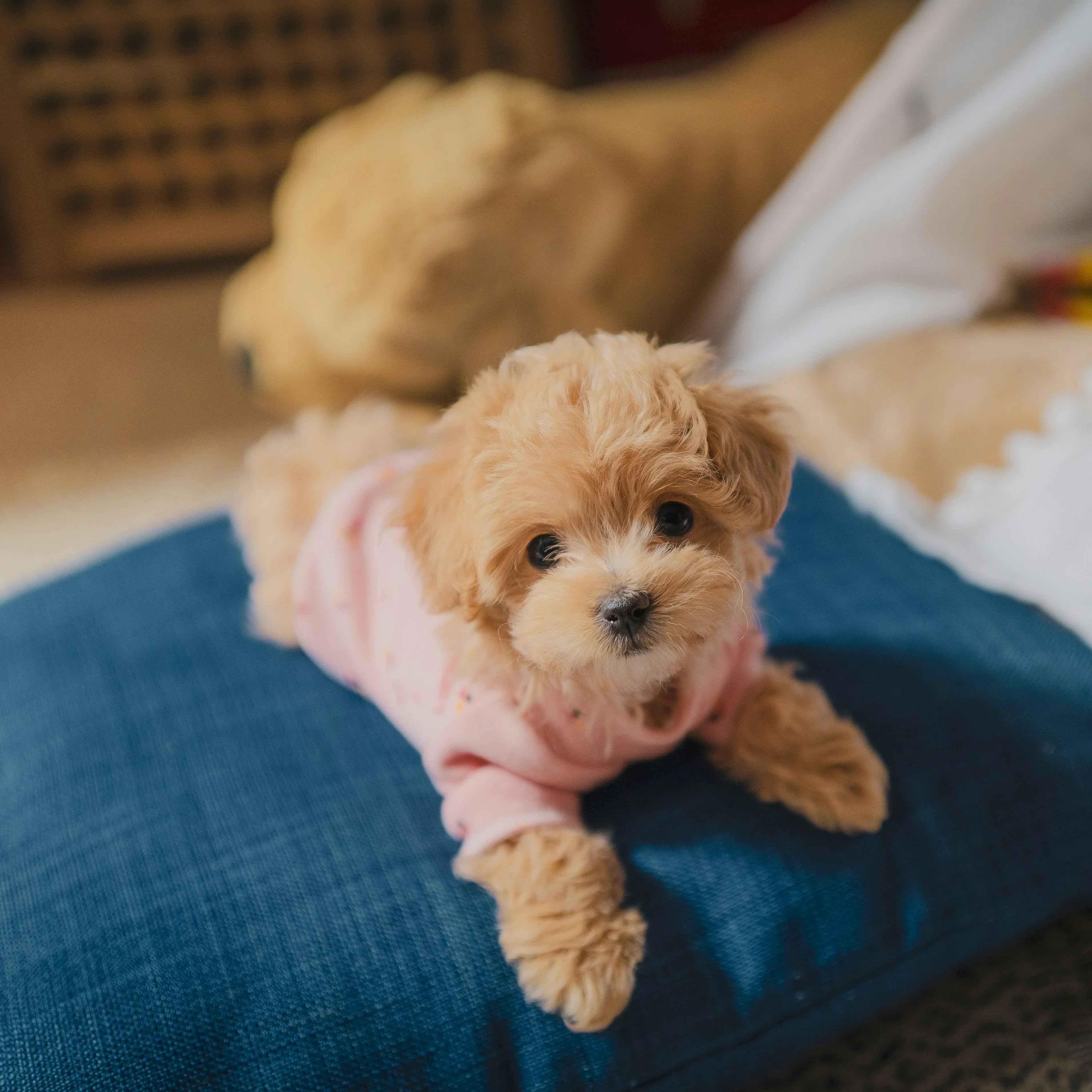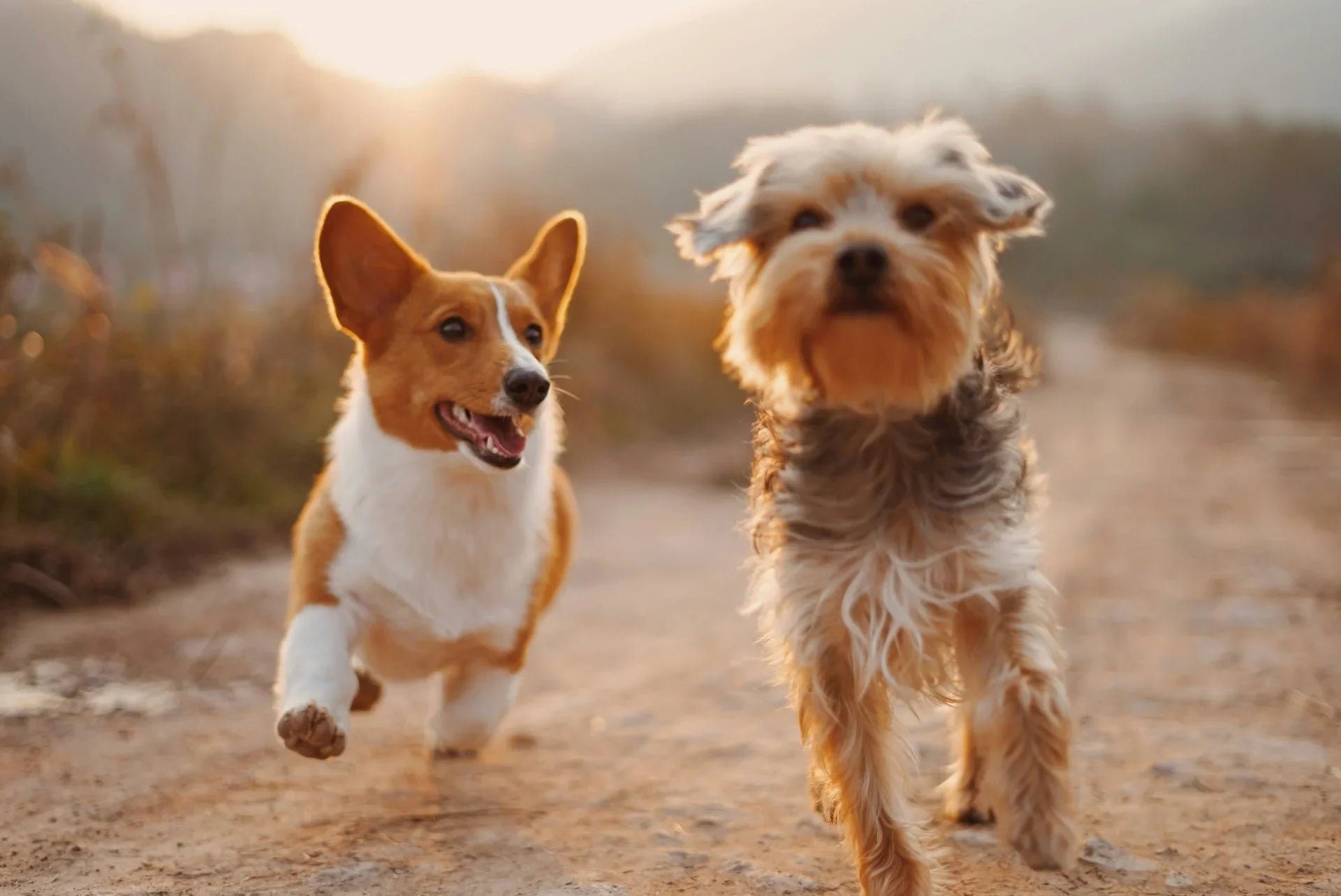Getting a new puppy is an exciting and rewarding experience, but it also comes with a lot of responsibility. Here are some tips to help you and your new furry friend adjust to your new life together:
Preparation Before Bringing the Puppy Home
Puppy-Proof Your Home: Remove or secure items that could be dangerous or easily damaged by a curious puppy, such as electrical cords, household chemicals, and small objects that could be swallowed.
Gather Supplies: Ensure you have all necessary supplies, including a crate, bed, food and water bowls, puppy food, toys, grooming tools, and cleaning supplies.
Set Up a Safe Space: Create a designated area where the puppy can feel secure, like a crate or a small gated area.
First Days Home
Introduce Gradually: Let your puppy explore their new home at their own pace. Supervise their exploration to keep them safe.
Establish a Routine: Puppies thrive on routine. Set consistent times for feeding, potty breaks, play, and training.
Start Crate Training: Crate training can help with potty training and provide a safe space for your puppy. Make the crate comfortable and positive by associating it with treats and toys.
Socialization and Training
Socialize Early: Expose your puppy to different people, animals, environments, and experiences in a controlled and positive manner to help them grow into a well-adjusted adult dog.
Basic Training: Start with basic commands like "sit," "stay," "come," and "down." Use positive reinforcement techniques, such as treats and praise.
Enroll in Puppy Classes: Puppy training classes are great for socialization and learning basic obedience under the guidance of a professional trainer.
Health and Wellness
Veterinary Care: Schedule a vet visit soon after bringing your puppy home. Keep up with vaccinations, deworming, and flea/tick prevention.
Proper Nutrition: Feed your puppy a high-quality diet appropriate for their age, size, and breed. Consult your vet for recommendations.
Exercise and Play: Puppies have a lot of energy. Provide plenty of opportunities for physical exercise and mental stimulation through play and interactive toys.
Patience and Consistency
Be Patient: Puppies can be challenging. Expect accidents, chewing, and other typical puppy behaviors. Stay patient and consistent with training.
Positive Reinforcement: Always use positive reinforcement techniques. Reward good behavior and ignore or redirect undesirable behavior.
Bonding Time: Spend quality time bonding with your puppy through play, training, and cuddling. Building a strong bond will make training easier and create a lifelong friendship.
Addressing Common Issues
Teething and Chewing: Provide plenty of appropriate chew toys. If your puppy starts chewing on something they shouldn't, redirect them to a toy.
House Training: Take your puppy outside frequently, especially after eating, drinking, playing, and waking up. Praise them for going potty outside.
Separation Anxiety: Gradually get your puppy used to being alone for short periods to prevent separation anxiety. Leave them with a toy or treat to keep them occupied.
Remember, raising a puppy is a journey that requires time, effort, and lots of love. Enjoy the process and cherish the moments as your puppy grows and learns.
Preparation Before Bringing the Puppy Home
Puppy-Proof Your Home: Remove or secure items that could be dangerous or easily damaged by a curious puppy, such as electrical cords, household chemicals, and small objects that could be swallowed.
Gather Supplies: Ensure you have all necessary supplies, including a crate, bed, food and water bowls, puppy food, toys, grooming tools, and cleaning supplies.
Set Up a Safe Space: Create a designated area where the puppy can feel secure, like a crate or a small gated area.
First Days Home
Introduce Gradually: Let your puppy explore their new home at their own pace. Supervise their exploration to keep them safe.
Establish a Routine: Puppies thrive on routine. Set consistent times for feeding, potty breaks, play, and training.
Start Crate Training: Crate training can help with potty training and provide a safe space for your puppy. Make the crate comfortable and positive by associating it with treats and toys.
Socialization and Training
Socialize Early: Expose your puppy to different people, animals, environments, and experiences in a controlled and positive manner to help them grow into a well-adjusted adult dog.
Basic Training: Start with basic commands like "sit," "stay," "come," and "down." Use positive reinforcement techniques, such as treats and praise.
Enroll in Puppy Classes: Puppy training classes are great for socialization and learning basic obedience under the guidance of a professional trainer.
Health and Wellness
Veterinary Care: Schedule a vet visit soon after bringing your puppy home. Keep up with vaccinations, deworming, and flea/tick prevention.
Proper Nutrition: Feed your puppy a high-quality diet appropriate for their age, size, and breed. Consult your vet for recommendations.
Exercise and Play: Puppies have a lot of energy. Provide plenty of opportunities for physical exercise and mental stimulation through play and interactive toys.
Patience and Consistency
Be Patient: Puppies can be challenging. Expect accidents, chewing, and other typical puppy behaviors. Stay patient and consistent with training.
Positive Reinforcement: Always use positive reinforcement techniques. Reward good behavior and ignore or redirect undesirable behavior.
Bonding Time: Spend quality time bonding with your puppy through play, training, and cuddling. Building a strong bond will make training easier and create a lifelong friendship.
Addressing Common Issues
Teething and Chewing: Provide plenty of appropriate chew toys. If your puppy starts chewing on something they shouldn't, redirect them to a toy.
House Training: Take your puppy outside frequently, especially after eating, drinking, playing, and waking up. Praise them for going potty outside.
Separation Anxiety: Gradually get your puppy used to being alone for short periods to prevent separation anxiety. Leave them with a toy or treat to keep them occupied.
Remember, raising a puppy is a journey that requires time, effort, and lots of love. Enjoy the process and cherish the moments as your puppy grows and learns.




Leave a comment
All comments are moderated before being published.
This site is protected by hCaptcha and the hCaptcha Privacy Policy and Terms of Service apply.